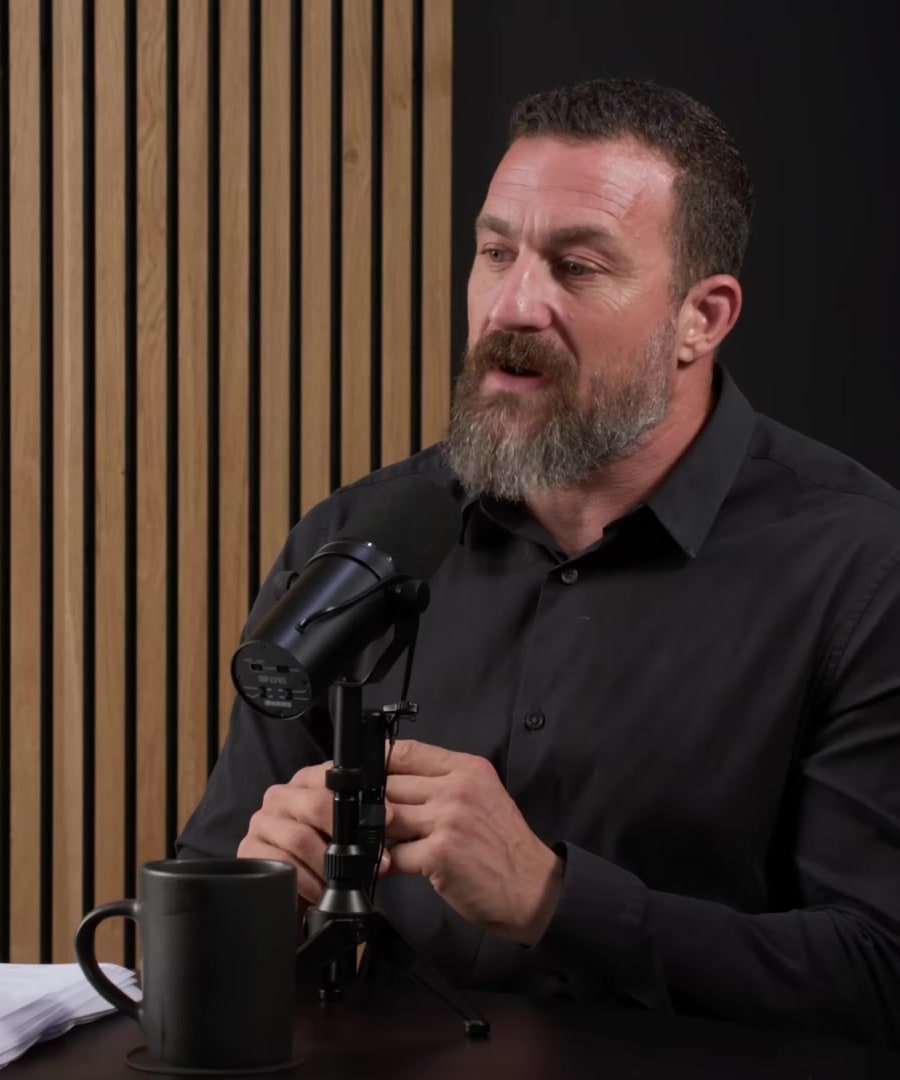I have tried this approach in different occasions, unfortunately didnt work for me. I also have done FODMAP diets and elimination diets in different occassions unsuccessfully.
I am suffering chronic inflammation, lymphedema, edema, massive bloating, different strange allergies, severe sleep apnea and imsomnia, high intolerance to gluten, memory loss, burning sensation in my stomach any time i eat, unhealthy hair, obesity, and have been dealing with these issues for more than 10 years. The difference with the early years and now, is that has worsening with time. I have done straight fasting and thats the only time I feel good. Would i be able to survive without food, only breathing? Probably for some time, but when my body has consumed all that is in storage then what? I really dont see solutions in my horizon.
I feel I am a great prospect for experimental protocols. I have been in 3 war zones, I know for sure my issues come from been overseas in areas where contamination was too high, food wasn't the best, and we dont have other choice than poor quality water. My body acts like a hoarding machine, storages everything that i consume and don't let anything go.
I would like to hear some suggestions or protocols that have work for other individuals in my situation or with similar issues.
Thanks in advance,
Alex











